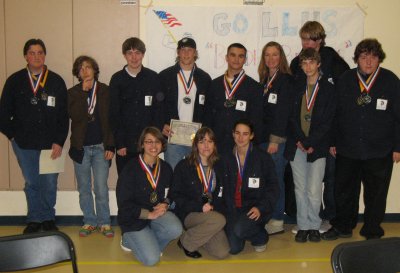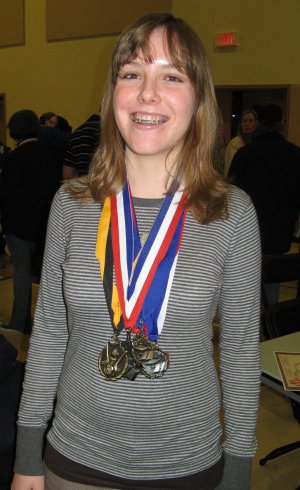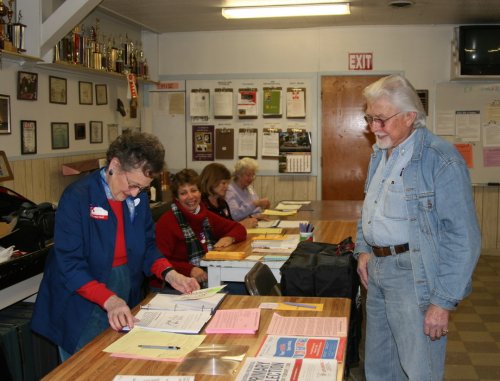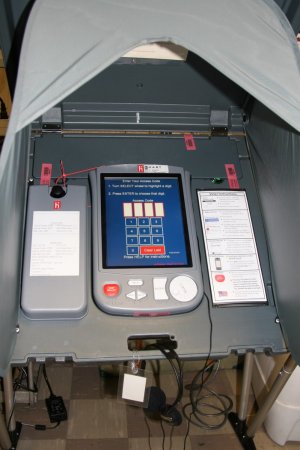This is the last of a three-part series on changing cable franchise policy and its impact on public access television, including the local PEG Channel 8.
LAKE COUNTY – New technology often referred to as convergence has ended a 40-year monopoly of your television set by cable providers. Now the struggle for control includes your telephone, wireless phone and computer.
California and other states were persuaded to enact statewide video franchise laws by a powerful coalition of interests.
The new regulations have been touted as opening the industry to competition and lowering prices for consumers, as well as streamlining the franchise process for providers. The immediate effect on costs to consumers is unknown.
Now, instead of negotiating with 400-plus communities in California, the providers will negotiate with the California Public Utilities Commission (CPUC) once every 10 years for licenses covering broad areas. They will no longer pay franchise fees to the communities or be required to support public access channels, but will pay a one-time 5 percent of gross to the state, which is expected to pass through 1 percent to the communities.
Licenses already granted are:
AT&T – much of California, including the counties of Alameda, Marin, Yolo, Mendocino, Humboldt, Butte, and Tehama;
Comcast – Northern and central California;
Cox Communications – San Diego;
Verizon – Southern California, border to Ventura County;
Time Warner – Los Angeles area, desert;
Northland Cable TV – City of Mt. Shasta, Siskiyou County.
Detailsof the franchises granted and other proceedings are at: www.cpuc.ca.gov/PUC/hottopics/2Telco/videofranchising.htm.
When an AT&T public relations representative was asked if she foresaw a time when the company's satellite television partners would provide a public access channel, she did not respond. She said there was no schedule in Lake County for completing AT&T's fiber optics system, which could provide the company's U-verse television, already in operation in some areas of the state.
Michael Morris of the CPUC said Mediacom had not applied for a statewide franchise as of Jan. 13. He added that no municipal entities, such as cities or counties, and no consumer groups had applied to intervene in the recent CPUC hearings.
Lake County's exclusive franchise with Mediacom ends on Feb. 16.
The city of Clearlake franchise runs until 2013. The city of Lakeport's franchise expired in 2002, according to Shawn Swatosh, Mediacom's manager for the county.
Mediacom's Tom Larsen, vice president for legal affairs, said in a phone interview from headquarters in Middletown, New York, that the company does plan to apply for a California statewide franchise.
“The process is really new to us, but we are generally applying in the states with the new franchise law and California is no exception,” Larsen said.
He noted that every state “has its unique quirks,” in application requirements. He said Iowa is their biggest consumer base, with 30,000 subscribers, and they are working on an application for 70 communities there.
They recently filed in North Carolina and Indiana. California will be next, followed by Georgia and Florida.
The other states which either have instituted or are considering a statewide franchise law are Indiana, Kansas, North Carolina, New Jersey, South Carolina, Virginia, Connecticut, Florida, Iowa, Louisiana, Massachusetts, Michigan, Minnesota, Missouri, New York, Pennsylvania and Tennessee.
The interested technology companies have been heavy contributors to politicians.
AT&T sponsored the spring Speaker's Golf Cup at Pebble Beach, a fundraiser for the California Democratic Party. The day before the November election, the Democratic Party, which received the proceeds of the AT&T Pebble Beach event, gave Assembly Speaker Fabian Núñez, D-Los Angeles, $4 million.
Núñez, who hosted the golf event, was the main author of AB 2987, the cable-access legislation the company was pushing.
According to opensecrets.org, the Web site of the Center for Responsive Politics, Núñez also received $21,500 in contributions from Verizon employees in California, Maryland, Rhode Island, Virginia, New York, Pennsylvania and Massachusetts; from AT&T and its affiliates, $3300 and from AT&T California employees political action committee, $6,700; Time Warner and affiliates of Charlotte, North Carolina $3300; Cox Communications, Atlanta, Georgia, $3300; California cable and telecommunications PAC, $6,600.
AT&T also has been generous to Gov. Arnold Schwarzenegger. A Sacramento Bee story of March 23, 2007 – a week before the statewide franchise was granted to AT&T and just months after the governor approved a bill easing access for the telecommunications giant to California's multibillion-dollar cable market – reports that eight top-ranking executives at AT&T gave $5,000 apiece to the governor's campaign committee. Seven of the donors reported addresses in Texas; none had previously donated to Schwarzenegger. The company had earlier given the governor $500,000.
Mediacom does not show up on sites tracking political contributions. Tom Larsen said the company “is a dwarf”compared with companies like AT&T and Verizon, and makes its political contributions through the National Cable/TV Communications Association PAC, or through state-level associations.
Nationwide franchising would have been enabled by the Advanced Telecommunications and Opportunities Reform Act, an omnibus bill introduced by Sen. Ted Stevens (R-AK).
The controversial bill died when the 109th Congress adjourned in December 2006, after long awaiting floor consideration. It became too controversial for floor time and the whole telecom bill (including the House version) will have to be re-written in the next session of Congress.
E-mail Sophie Annan Jensen at This email address is being protected from spambots. You need JavaScript enabled to view it..
{mos_sb_discuss:2}

 How to resolve AdBlock issue?
How to resolve AdBlock issue? 









